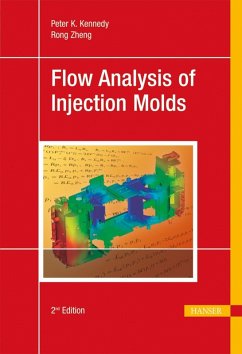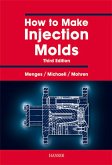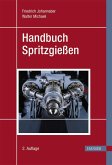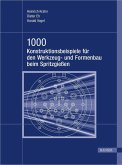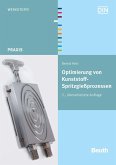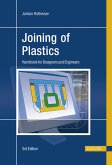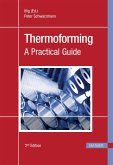Given the importance of injection molding as a process as well as the simulation industry that supports it, there was a need for a book that deals solely with the modeling and simulation of injection molding. This book meets that need. The modeling and simulation details of filling, packing, residual stress, shrinkage, and warpage of amorphous, semi-crystalline, and fiber-filled materials are described. This book is essential for simulation software users, as well as for graduate students and researchers who are interested in enhancing simulation. And for the specialist, numerous appendices provide detailed information on the topics discussed in the chapters. Contents: Part 1 The Current State of Simulation: Introduction, Stress and Strain in Fluid Mechanics, Material Properties of Polymers, Governing Equations, Approximations for Injection Molding, Numerical Methods for Solution Part 2 Improving Molding Simulation: Improved Fiber Orientation Modeling, Improved Mechanical Property Modeling, Long Fiber-Filled Materials, Crystallization, Effects of Crystallizations on Rheology and Thermal Properties, Colorant Effects, Prediction of Post-Molding Shrinkage and Warpage, Additional Issues of Injection-Molding Simulation, Epilogue Appendices: History of Injection-Molding Simulation, Tensor Notation, Derivation of Fiber Evolution Equations, Dimensional Analysis of Governing Equations, The Finite Difference Method, The Finite Element Method, Numerical Methods for the 2.5D Approximation, Three-Dimensional FEM for Mold Filling Analysis, Level Set Method, Full Form of Mori-Tanaka Model
Dieser Download kann aus rechtlichen Gründen nur mit Rechnungsadresse in A, B, BG, CY, CZ, D, DK, EW, E, FIN, F, GR, HR, H, IRL, I, LT, L, LR, M, NL, PL, P, R, S, SLO, SK ausgeliefert werden.

